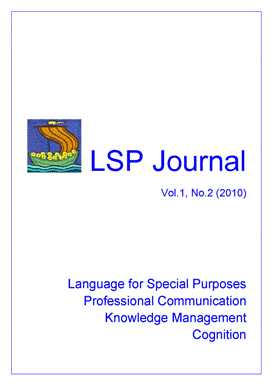The Woolf reform of civil procedure: a possible end to legalese?
Abstract
The word « legalese » first appeared a hundred years ago to describe what was seen as the unintelligibility and verbosity of the English jargon used by lawyers. Under the influence of the Plain Language Movement, an effort was made to make legal words and writing more accessible to lay people, which culminated in the implementation ten years ago of the Woolf Reform in England and Wales. This movement is twofold i.e. aims at simplifying legal words or expressions as well as the drafting of sentences itself. Words such as ''writ'', ''garnishee order'' and ''ex parte'' are now respectively known as ''claim form'', ''third party debt order'' and ''without notice''. Legal writing itself has become more grammatically correct. Through the etymological study of a corpus of litigation related vocabulary and pleadings excerpts, we will try to demonstrate that the legal language and writing is very much influenced by its historical context, the cultural evolution of the legal profession and the development of legislation. Legal vocabulary and writing is not static and the current move towards legal precision and clarity should pursue its evolution in the future.



